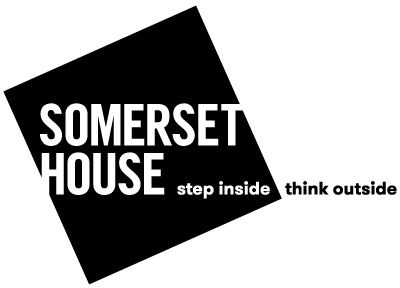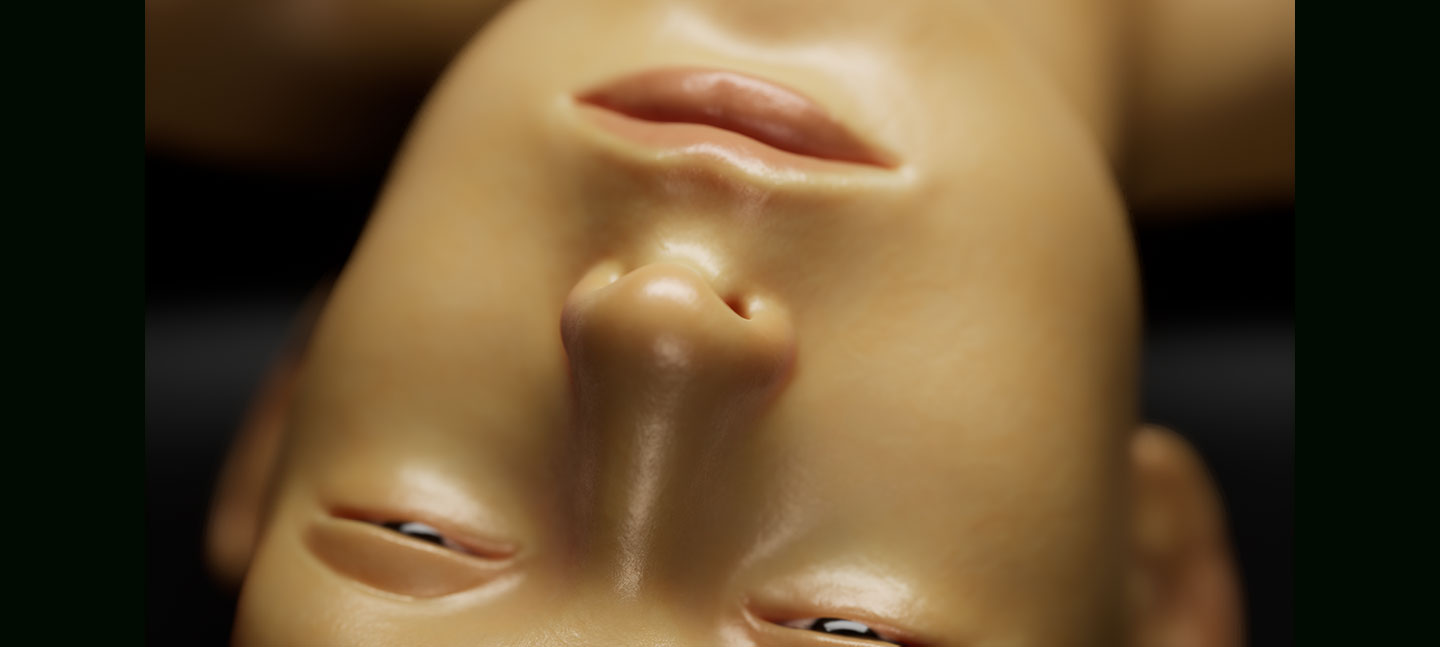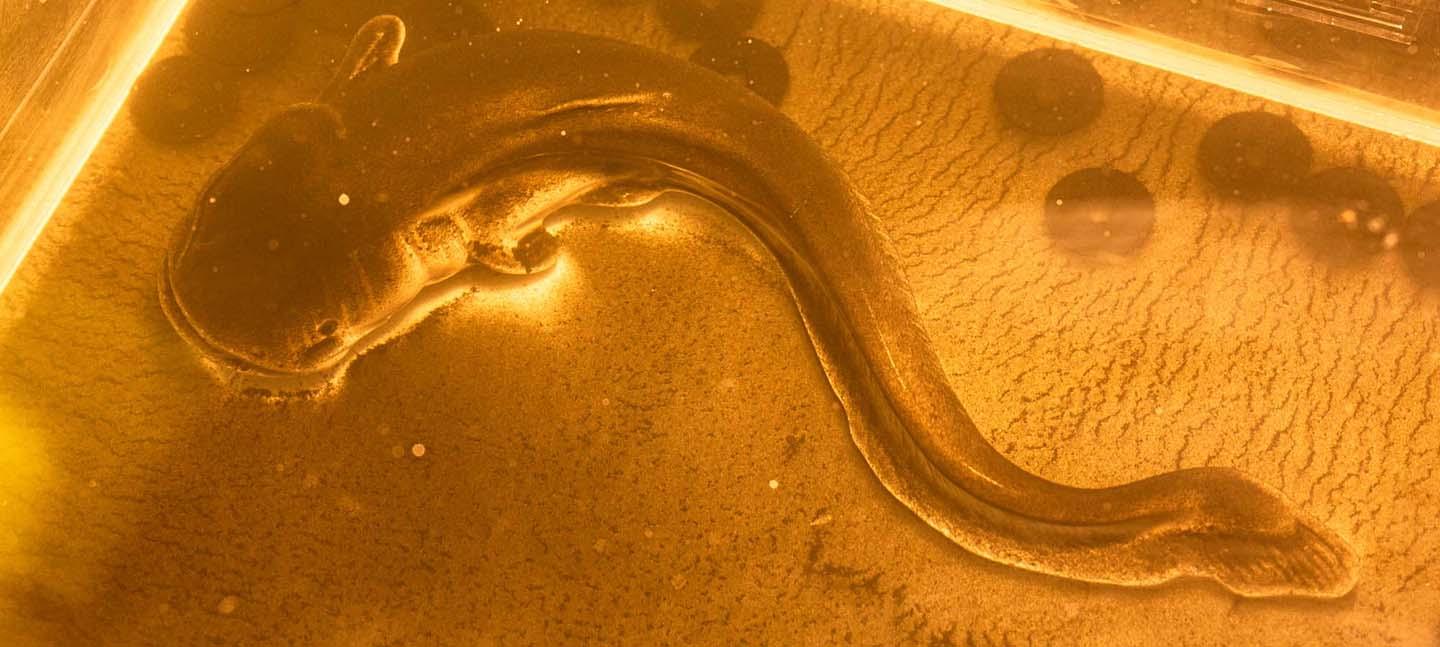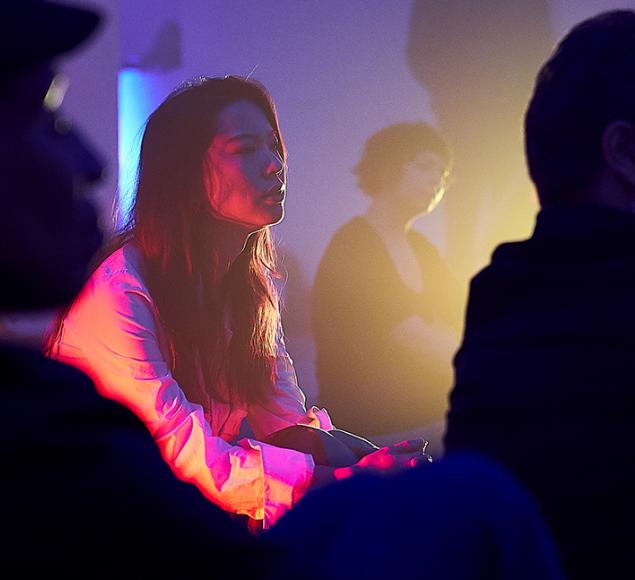Catastrophes, whether as epochal turning points or the spectre of an end, have long been moments of political and philosophical reckoning – of a collapse between self and other, and of the unmaking and remaking of worlds.
In the years preceding the French and Haitian Revolutions, Abbé Raynal saw the “fatal catastrophe” as the inevitable time-to-come at which Europe would pay for the crimes of colonisation, and the “New World” would come to replace the old. Popular prints in mid-19th century Japan depict workers praying to the catfish deity, maker of earthquakes, for rectifying the economic order by destroying the houses of the wealthy and letting riches flow through society.
Taking moments of historical and potential future catastrophe as catalysts for the making of new worlds, the group will ask through discursive and experiential activities: what reckonings are, or could be, born out of these moments and what might we learn from these?








